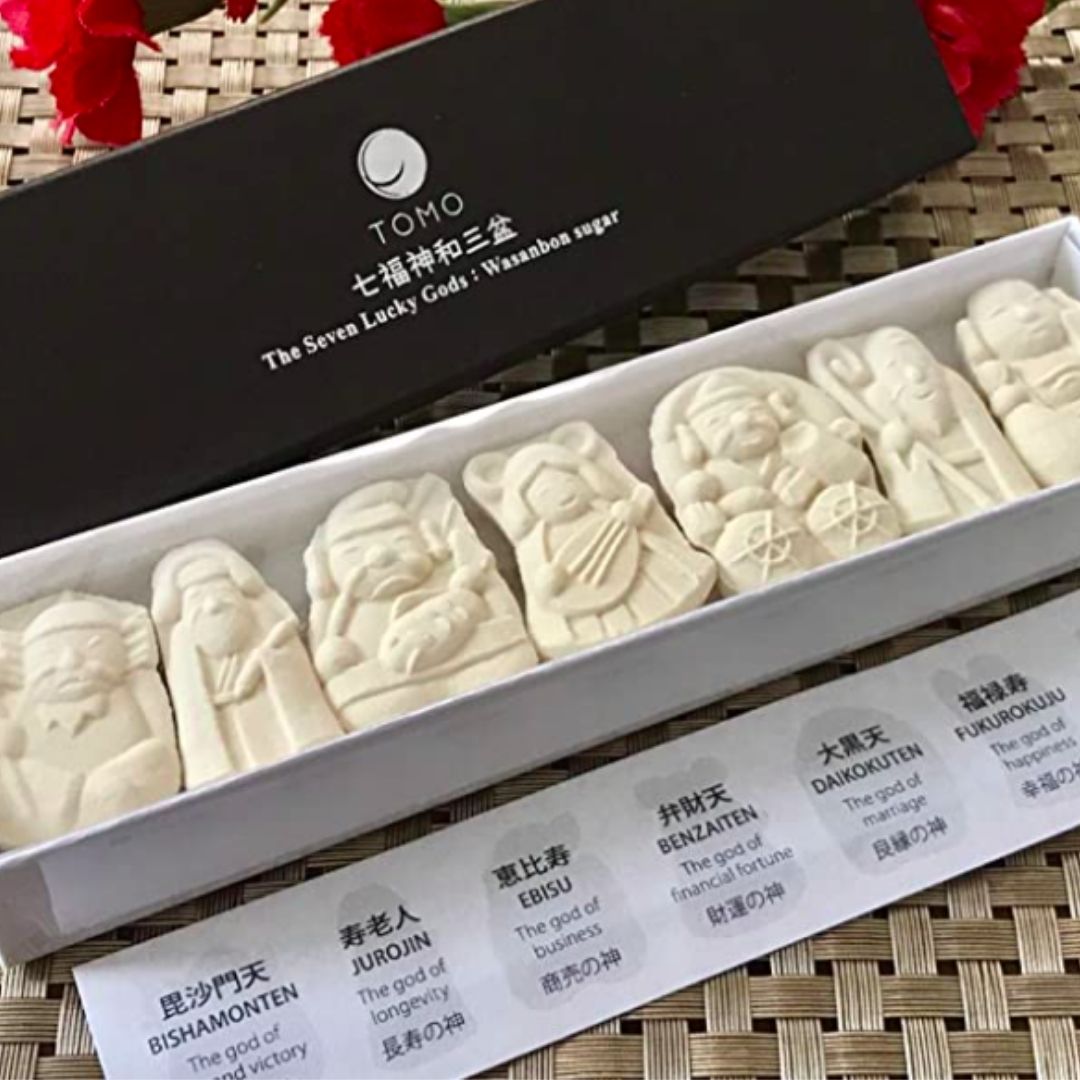Japan is known for its unique matsuri, inspired from Shinto, Buddhism, but also its history and traditions. With globalization, Japanese people have been open to other customs such as Christmas or Valentine’s Day. In western countries, the traditions for Valentine’s Day are nearly the same for all: you give a gift to your loved one. But in Japan, like Christmas, the tradition has some twists that might surprise you.

1. Chocolate Is The Most Popular Gift (And Maybe The Only One)
In western countries flowers, gift boxes or nearly any kind of item can become a gift for Valentine’s Day. However in Japan, chocolate is the star.
Chocolate popularity is related to how Valentine’s Day was spread in the country. Chocolate factories were the first to start campaigns for this event, some years after World War II. The main target was women, who used Valentine’s Day as a way to express their feelings for the man they have feelings for, their boyfriend, or husband without being judged. Japanese women could give them chocolates, confess, then wait for White Day to see the potential reciprocity (we will explain about this day later in this article). This custom has brought a new way to interact in Japan, and chocolates become the tool to confess one’s feelings.
Right after Christmas, you will find shops with cute Valentine’s Day decorations and promoting chocolates with any kind of variation, flavors and colors: heart-shaped chocolates, kinako chocolates, halal chocolates, etc. TOMO Chocolats Café Genshin are one of Amazon Japan's best sellers for Valentine’s Day and White Day.

2. Each Situation Has A Chocolate
Valentine’s Day in Japan isn’t only about confessing your love, but also your appreciation or gratitude. Consequently, men can receive different types of chocolates regarding their relationship.
“Honmei choco” (= true feeling chocolates) are generally the most expensive chocolates that are given by Japanese women to express their feelings or confess their love. They are the most romantic ones. Some people even make the chocolate themselves.
“Tomo choco” (= friend chocolates): simply the chocolates that Japanese women would offer to their friends! Tomo choco can also be offered among female-friends.
Shop Japanese chocolates for your friends with TOMO Online Store!
“Giri choco”(=obligation chocolates). They are customary gifts, offered to male co-workers, bosses or acquaintances. It can be seen as a social obligation or a sign of politness, but giri choco can also express gratitude. Obligation chocolates are generally simple.
“Jibun choco” (= chocolates for yourself!) With all these different shapes, design and flavor, women also want to try the chocolates exposed for Valentine’s Day by themselves!
If you are health-conscious but still want to celebrate Valentine’s Day, you can try Chocolats Café Genshin. Made from organic brown rice coffee powder, kinako (roasted soybean flour) and okinawa salt, these healthy chocolates are a delicious treat to offer or keep for yourself !
3. The Gift-Payback day: White Day
Celebrated annually on March 14, White Day is a gift-payback day for men. They have to return the gift they received by something that costs twice or three times the price of the chocolate they received for Valentine’s Day. In Japanese, it is also called “sanbai kaeshi, or “three-times return”.
When Valentine’s Day started, women used to declare themselves when giving their chocolates. Confessing your feelings as a woman at that time was quite taboo, so Valentine’s Day has helped expressing feelings. If the man would give back chocolates on White Day, it would mean that your feelings are mutual.
Today, it only happens with young people and among adults, it is common for men to return the gift they received for White Day.
In Japan, it is common to return gifts you received, which also explains this custom that takes place one month after Valentine’s Day. If you are lost, you can take a look to TOMO’s healthy sweets gift collection.

Conclusion:
Japan has adapted the concept of Valentine's Day in accordance with its traditions and society.This practice also shows the capacity of the Japanese to accept and adapt to events foreign to its archipelago. Like other Japanese festivities, Valentine’s Day is an event of exchange,
If you are health-conscious but still want to celebrate Valentine’s Day and White Day, you can try TOMO Chocolats Café Genshin. Made from organic brown rice coffee powder, kinako (roasted soybean flour) and okinawa salt, these healthy chocolates are a delicious treat to offer or keep for yourself !
You can also shop healthy and natural Japanese sweets gifts here
If you liked this article, you might also like:
Enjoy your wellness retreat this summer in Japan with FLOWRA & TOMO Café Genshin!
List of the 5 Best Japanese Alternative To Coffee (Caffeine Free And With Caffeine)
TOMO Genshin and Wasanbon sugars were exhibited at "JAPAN Fes" in New York City!




